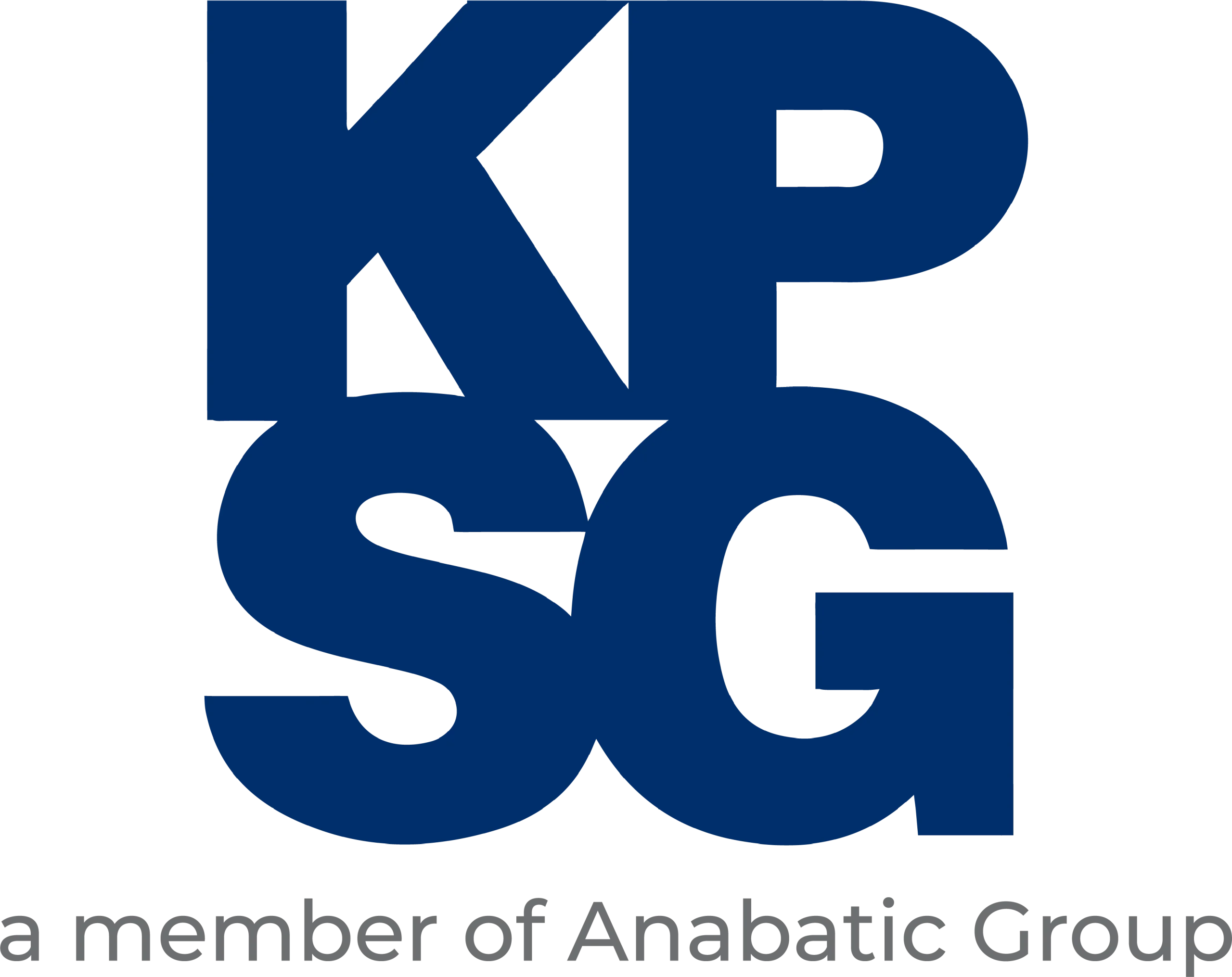In today’s increasingly competitive business environment, contact centers have become the frontline of customer interaction. More than just service hubs, they now play a critical role in shaping brand loyalty and long-term customer relationships.
However, operational challenges such as long queues, fragmented data, and delayed responses often prevent businesses from delivering an optimal customer experience. This is where CRM (Customer Relationship Management) applications come in, empowering agents to work more productively while creating more personalized and transparent interactions.
Why CRM Application Are Essential for Contact Centers
By 2026, Gartner predicts that customer service operations implementing the concept of the “connected rep” will increase contact center efficiency by up to 30%. In this context, simply offering multiple communication channels is no longer enough. Every interaction must be captured, analyzed, and leveraged to improve service delivery. CRM applications provide the foundation to make this possible.
Here are several key reasons why CRM is indispensable for modern contact centers:
- Integrated customer data – All interaction history, email, chat, voice calls, and even social media, can be consolidated into one system, eliminating the need for agents to switch between platforms.
- Personalized service – With complete data at hand, agents can deliver solutions tailored to customer needs and preferences, enhancing satisfaction and loyalty.
- Workflow efficiency – CRM application automate administrative tasks such as ticket logging, claim status updates, and follow-up scheduling.
- Faster decision-making – Supervisors and managers gain real-time visibility into performance metrics, enabling data-driven decisions.
How CRM Applications Improve Contact Center Productivity
When applied effectively, CRM solutions deliver tangible benefits for both agents and customers:
- Faster Response Times
Agents have instant access to customer data, allowing them to quickly understand context and provide relevant answers without repeatedly asking for the same information. - Higher Interaction Quality
By viewing previous interactions, agents can maintain natural, consistent, and context-aware conversations. - Process Automation
Routine processes such as ticket routing, payment reminders, and status updates can be automated, enabling agents to focus on more complex cases. - Monitoring and Evaluation
CRM dashboards track agent performance, SLAs, and customer satisfaction, supporting continuous improvement. - Omnichannel Support
Modern CRMs integrate with multiple channels, from chat and email to social media, allowing customers to switch seamlessly without losing conversation history.
The Impact of CRM on Customer Experience
CRM applications directly elevate customer experience in several ways:
- Transparency – Customers can easily track the status of their requests or claims.
- Consistency – Responses are standardized across agents, backed by a unified knowledge base.
- Personalization – Interactions feel more relevant and aligned with individual customer profiles.
- Trust – Customers feel valued when companies recognize their history and preferences.
KPSG as a CRM Implementation Partner
With decades of experience in CXaaS and BPaaS, KPSG supports digital transformation for contact centers across industries, including banking, insurance, multifinance, healthcare, and automotive.
KPSG provides comprehensive support in:
- CRM integration with existing back-end systems and contact center platforms.
- Workflow automation to boost agent productivity and efficiency.
- Quality management & data-driven insights for continuous service monitoring.
- Cloud-ready platforms that are flexible and scalable.
- Certified data security with ISO 27001 and PCI DSS compliance.
Backed by professional talent, cloud infrastructure, and AI-driven technologies, KPSG ensures businesses can maximize the potential of CRM applications to achieve their goals.
Strategies for Successful CRM Implementation
To ensure CRM investments deliver maximum value, businesses should follow a structured approach:
- Set clear business goals – Whether the aim is to improve customer satisfaction, accelerate claims handling, or enhance agent productivity.
- Engage all stakeholders – From management to frontline agents, ensuring the system addresses real operational needs.
- Ensure full integration – CRM must connect seamlessly with communication channels, HR systems, and billing platforms.
- Monitor performance regularly – Track KPIs such as response time, CSAT, and SLA compliance to measure effectiveness.
- Prioritize security and compliance – Choose solutions backed by international certifications to protect customer data.
Conclusion
In the digital era, CRM application are critical to optimizing contact center operations. They not only boost agent productivity but also strengthen long-term customer relationships through faster, more consistent, and more personalized interactions.
With over 30 years of experience, KPSG is a trusted partner for businesses seeking to maximize CRM benefits, deliver exceptional customer experiences, and maintain competitiveness in a rapidly evolving market.
Build a modern contact center with integrated, secure, and efficient CRM solutions. Contact KPSG today to unlock the full potential of CRM for your business.

